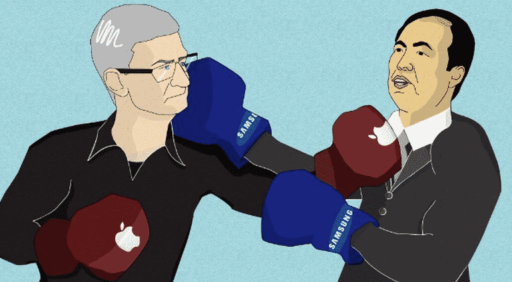With the world fast going social and the likes of Facebook and Twitter becoming the hub of communications, it is no wonder that a CIO’s efficiency and effectiveness be gauged through the fact that how active he is on the social media. Fortune 250 list doesn’t do that. But now, David Lavenda from harmon.ie has compiled a list of top 25 ‘most social CIOs’ based precisely on the ability of these men to be socially active.
There definitely are such CIOs who are fairly successful and made their way to the Fortune 250 list without being socially active or involved in the social media. But social media is increasingly becoming a need for the organizations, more so than being a choice.
David Levanda compiled this list precisely on the basis of which CIOs are most active on the social media. The list is lead by Google’s CIO, Benjamin Fried. It is not surprising at all that a CIO from a tech-company is at the head of the list since tech companies are particularly poignant of the importance of social networking.
Next to Fried comes the CIO of Pemex, Abraham Galan, who is then followed by by CIO Corporate Banking, from the Royal Bank of Scotland, Ian Alderton. The long list has been furnished for you to view in detail. Gauging from the responses of many socially-active professionals, social media has become the primary source of information of many of these CIOs. For instance, breaking news first pour into Twitter feeds and only then make their ways to regular media outlets. This shows the significance of staying abreast of social networks.
Wayne Shurts, who sits at number 6 in this list, says, ‘For me, the number one reason is I want to understand it, I want to know it, I want to see what’s happening in that media, and I want to see that first hand. Being on Facebook and Twitter, and being active. That is how I learn the media. And that’s way better than getting a consultant’s PowerPoint on the topic. The best way to know and understand the media is to be in the middle of it.’
Shurts pretty much sums up the point for most. Whereas many leading professionals can still be successful without linking directly to social networks, this choice will become increasingly limited, and perhaps outdated, in the coming days when social networks become even more important for communications.
[ttjad]



